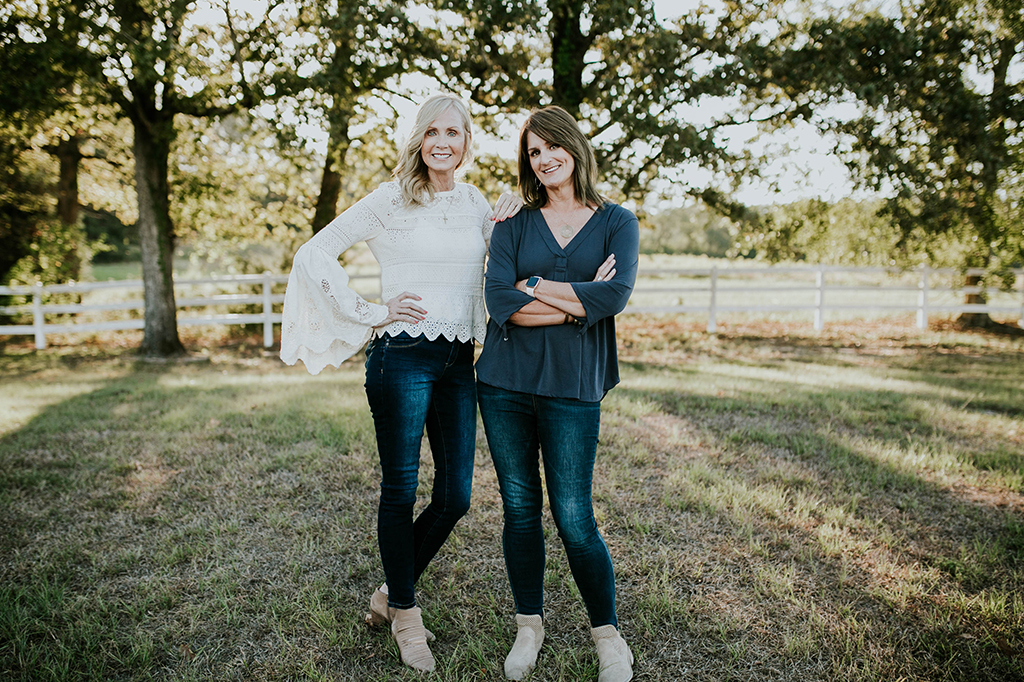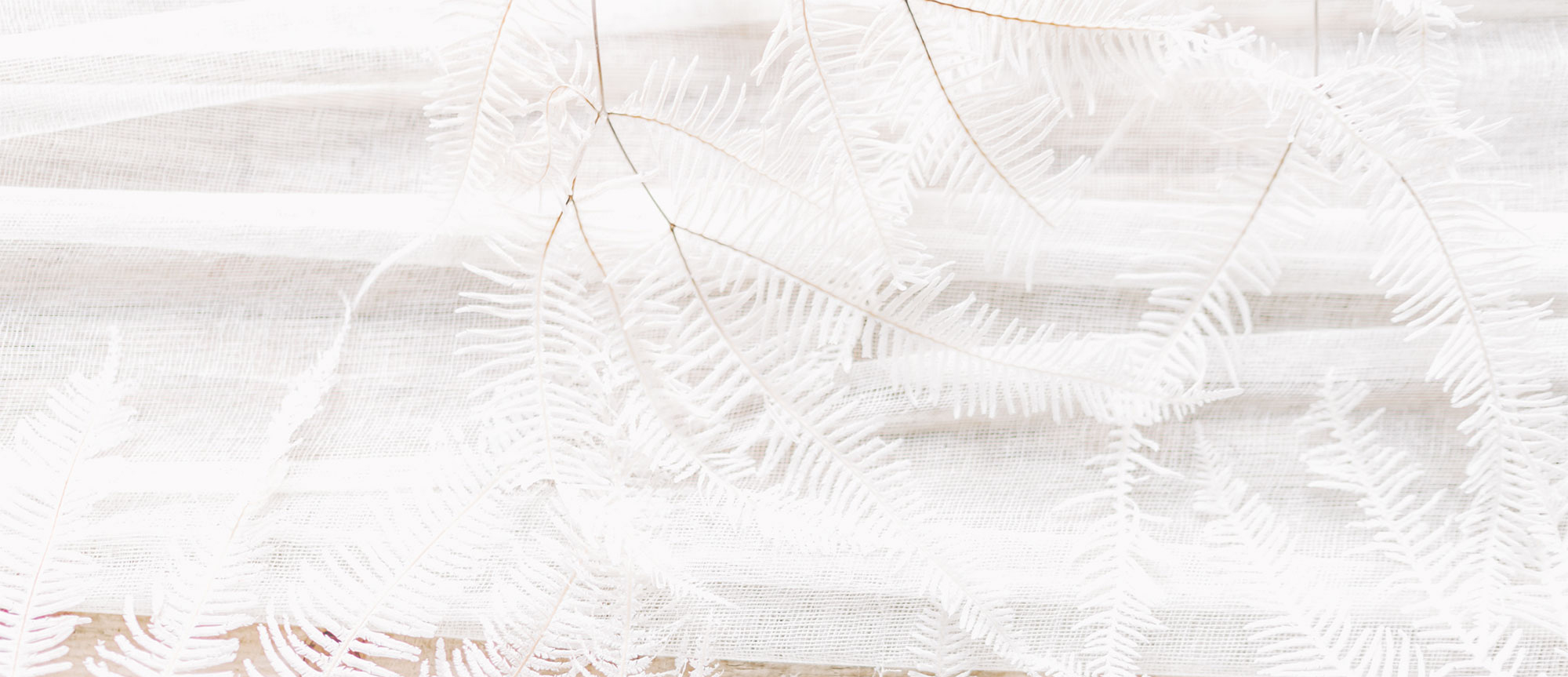
Children and Routines
What is a routine and is it really valuable? Every parent wants to know the answer to this question, so let’s explore it.
A routine is simply a set of activities done in a similar way or a similar time. Functioning adults live with some sort of routine, don’t we? We set our alarm clock at the same time to go to work at the same time and at the same place. Perhaps we always brush our teeth the same time every morning or take our vitamins at the same time.
Routines give us a sense of security and help us develop good self-discipline habits. Routines are the “knowns” in our life and humans function very well with “knowns”. It the “unknowns” that drive us crazy, like all of 2020 and now 2021. Can I get an Amen? Wow! There have been so many “unknowns” that our children, and us too, have come to expect an unknown rather than a known. In other words, when the ice storm hit the south in February, no one was surprised. It was almost like we collectively said, “Of course, we’re having ice and snow in February, it’s 2021!”
But, it’s not our normal routine and a normal routine is important to the development of children. Surveys have actually shown that death and the fear of public speaking are the only things that outshine the fear of the unknown. So, how do our children, and we, for that matter, survive all the unknowns that have hit us in the last year? Little things, for our children, like if they are going to have a ballgame this week or will it be cancelled? Big things, like will they go to school this week or stay at home in front of a computer. The “unknowns” have become a part of our life, which mean the “knowns” are even more valuable. All of these unknown opportunities are also growth opportunities, I am well aware of that, but they are stressful as well, making routine more valuable.
The very definition of growing up is facing unknowns. Our sweet little John Shepherd will soon get his beloved pacifier taken from him. All babies and toddlers give up bottles and cribs and mommy’s breast milk and, perhaps, being the baby altogether as a new baby enters the picture, all in a short amount of time. It’s unsettling! Then, our children grow up and face new teachers and classmates and new subject matters, new skills, every year. Then, we might throw in moving to a new location, like I did as a fourth graders—in the middle of the schoolyear, no less! But, I’m not bitter. Lol
Very few things our children experience in life is in their control. This is what makes a routine valuable for them. A predictable routine, in areas that can be controlled, allows children to feel safe and to feel like they have some control over some area of their life. As a former teacher, I value mastery of a skill. When children master a skill it gives them confidence to move to another skill. That confidence builds on itself until a child becomes an adult and, hopefully, one that is confident and secure in who he or she is.
Even for us adults, the unpredictability of the last year has been difficult, but what brings us some sense of peace are the things that are predictable, like the love of our family and friends. But, also, it’s the little things like keeping our kitchen clean or continuing to work out every day even if that work looked differently. This is probably why so many of us cleaned areas we hadn’t cleaned in a long time when the pandemic hit. We needed some sort of structure that we could control.
For children, having a predictable routine when life seems unpredictable, which, remember, for them, is most of the time, is crucial to their sense of security and well-being. When my son went through a divorce, I set down with him to help him decide what he could do to keep the routines of his children as much the same as possible. The divorce would be hard, no doubt, but what were the things we could do to let the kids know life would be okay. Little things, like nighttime routines and big things, like where they were going to school, would prove to be important as they worked through their new life.
On this subject, I read this the other day–we offer children a predictable routine as a foundation in their lives, so they can rise to the occasion to handle big changes when they need to. I love this. Simple routines build a foundation of security that allows our children to handle bigger issues that will come up later in life.
Children who come from chaotic situations where there is no structure or organization have a hard time learning that life can run more smoothly. Often they become adults who continue to live in chaos, never getting life together. This is, of course, generally speaking, as people often rise above their upbringing. But, as parents and grandparents, we can help by teaching them the value of routine and structure.
Teaching them how and when to brush their teeth, fold their clothes, unload a dishwasher, wash their hair, do their homework, sit still, and on and on, go a long way toward raising an adult who has the ability to care for himself, as well as others. And that’s our goal. Routine and structure teach habits that, when taken into adulthood, make life easier and produce someone who can live on their own successfully.
Someone always wants to know if structure and routine can also allow for fun and spontaneity. Of course, that’s the definition of fun and spontaneity! Doing things outside of our routine, just for fun! Nothing is more fun than stopping a night time routine for a surprise look at the snow falling or daddy’s home from a late night meeting or mom just walked in with cookies. But, it’s the routine that makes the spontaneity fun. Think of this, if all of life was spontaneous, life would not be fun. That’s chaos. The routines of life give us security, so that the surprises can give us joy.
So, when do we start this routine stuff? Well, infants are infants and they tell us what they need and when the need it. We feed them when they are hungry, change them when they’re wet. Over time, they learn the first steps of routine. Most people sleep at night, so we slowly teach them that routine. As they get a little older, we do some things to encourage that sleep pattern and we develop a routine around eating and sleeping that seems to work for the family. But, infants change quickly so what worked one week might not work the next. So, for a while, the routine is more unknown, than known, but there’s a constant working on a routine as everyone knows its value.
Soon, a routine is established and the baby grows into a toddler, when the real work of establishing habits and routines begin. There are so many great reasons for establishing routines, but here is one very important one—it eliminates power struggles. For instance, when mine were little, it seems like I yelled “brush your teeth” forever, but I really didn’t. Eventually, I didn’t have to say those words. That good habit had become routine for them too. My job was complete, in that one area at least, but it was start.
As we teach our kids routines, the goal is that they take on that routine themselves and our job as the nagging parent is over. We get to sit back and enjoy watching our children live their lives with confidence. Our children learn to cooperate, take charge of their live in little ways that lead to big ways, rest better, and connect as a family when routines are taught and honored.
One last thing, when my grandkids left my house, I always said the same words, “Be a good leader and a good example.” That was my routine for sending them off. Guess what they say to me now as they leave my house? They love to say it before I say it. Those words, while said to the point of exhaustion on my part, became a meaningful ritual that gave my grandkids a sense of “all is right with the world.” That’s what routine, rituals, schedules can do.
I hope this helps you in your parenting or grand parenting journey. If it does, I would love to hear about in the comments.







